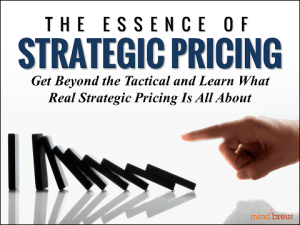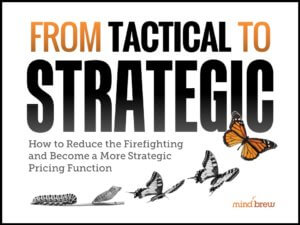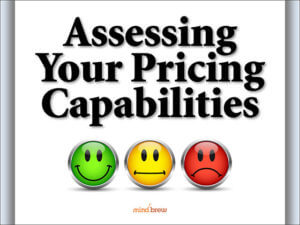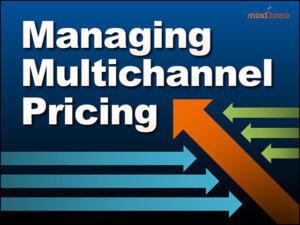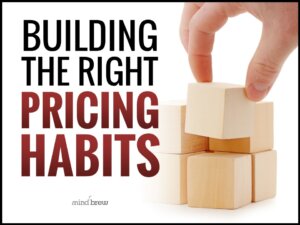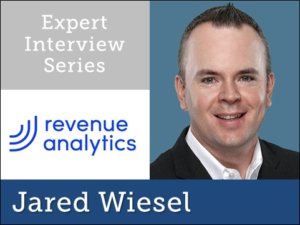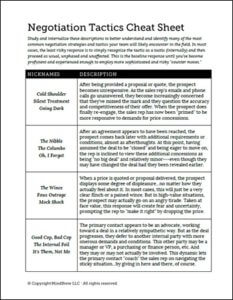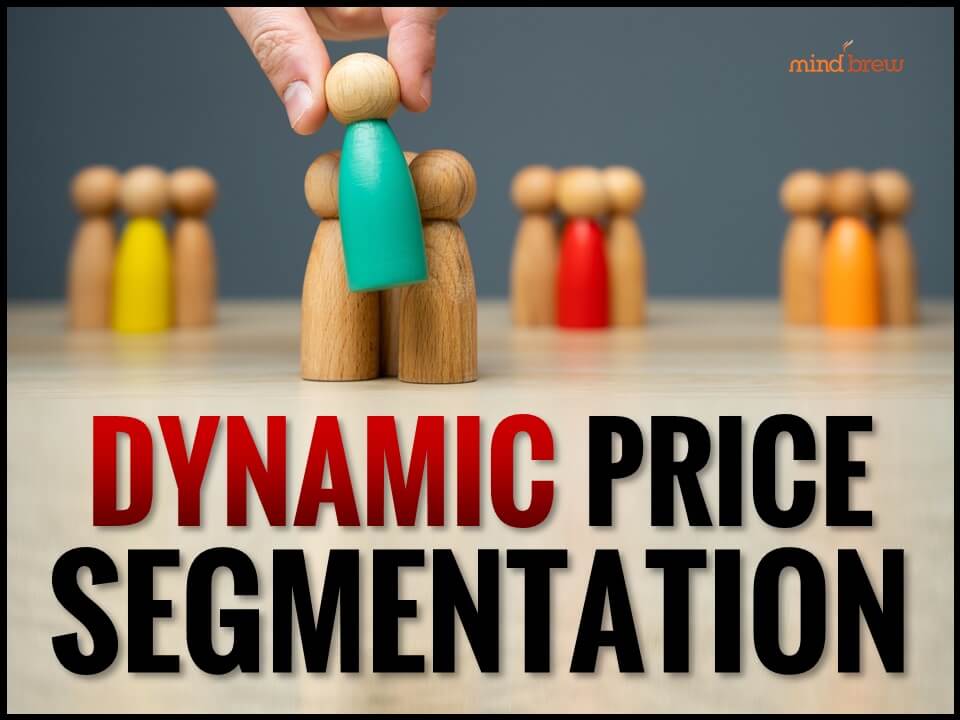The Renaissance scholar Petrarch once said, “Sameness is the mother of disgust, variety the cure.”
Fortunately, there’s a lot of variety among the people who go into the pricing profession. Because very few people come into this field with a formal education in pricing, you get a lot of different personalities, different backgrounds, and different skills. That’s great, because it helps keep our teams from becoming too boring — or to use Petrarch’s word, a source of disgust.
But even with all that diversity, our research has uncovered three basic types of pricers, each with their own strengths and weaknesses:
- The data-driven pricer loves spreadsheets and number-crunching. They rely heavily on quantitative data, and they can spot a market trend a mile away. If you run into them at a party, they can talk for hours about algorithms, predictive analytics, and statistical models. And if you put the decimal point in the wrong place in a small graphic in a report, they are definitely going to spot it and let you know about it. In their past lives, they might have worked in accounting or finance.On the positive side, this kind of pricing professional is unlikely to commit an error. If someone asks them a question — they will wrestle with the data until they wring an answer out of it.
But they might make errors of omission. These folks might know the answers, but they don’t always know the right questions to ask. They can become too reliant on tools and miss out on qualitative concepts like value-based pricing and competitive positioning.
- The intuitive pricer trusts their gut. They’ve been around the industry for long enough that they feel like they’ve seen it all. As a result, they understand what makes your customers tick. In a past life, they might have worked in sales or customer service. They know how a customer is probably going to respond to a price even before you put it in front of them. And if there’s a decision to be made, they’ll quickly offer an opinion before you even ask for it.The great thing about these folks is that they can offer insights into your customers’ psychology that few other people can. They also have confidence that enables them to make a decision, even when data is scarce. When your company is facing uncertainty, these might be the only folks who feel ready to take action.
On the other hand, they sometimes miss out on insights that are hidden in the data. And they might stubbornly cling to opinions even after someone shows how the facts prove them wrong.
- The strategic pricer focuses on the big picture. They consider the organization’s long-term goals and try to balance both data-driven insights and intuitive reasoning. When starting a new initiative, they often bring in people from other teams, like sales, marketing, or finance, and they thrive in highly collaborative settings. They might have come to pricing from almost any other discipline, because they aren’t defined by their background or their experience. Instead, it’s their mindset that sets them apart.Strategic pricers excel at adapting to changing circumstances. They can analyze both numbers and human psychology to arrive at solid conclusions. And they generally don’t need anyone to tell them what to do — they’ve already figured it out and have plans underway before other people even begin discussing it.
But strategic pricers are rare. It takes a lot of time and effort to acquire the necessary knowledge and skills and develop the right perspective. A lot of people just aren’t willing to put in the necessary work.You might have guessed by now that we at PricingBrew want to help more people become strategic pricers. While both data-driven and intuitive pricers have their strengths, we have consistently found that the strategic pricer’s holistic view can better align with broader business goals. This can help provide companies with a competitive edge — while also boosting their own careers.
If you’re ready to commit to becoming a strategic pricer, check out the following resources:
- The Essence of Strategic Pricing
- From Tactical to Strategic Pricing
- Assessing Your Pricing Capabilities

